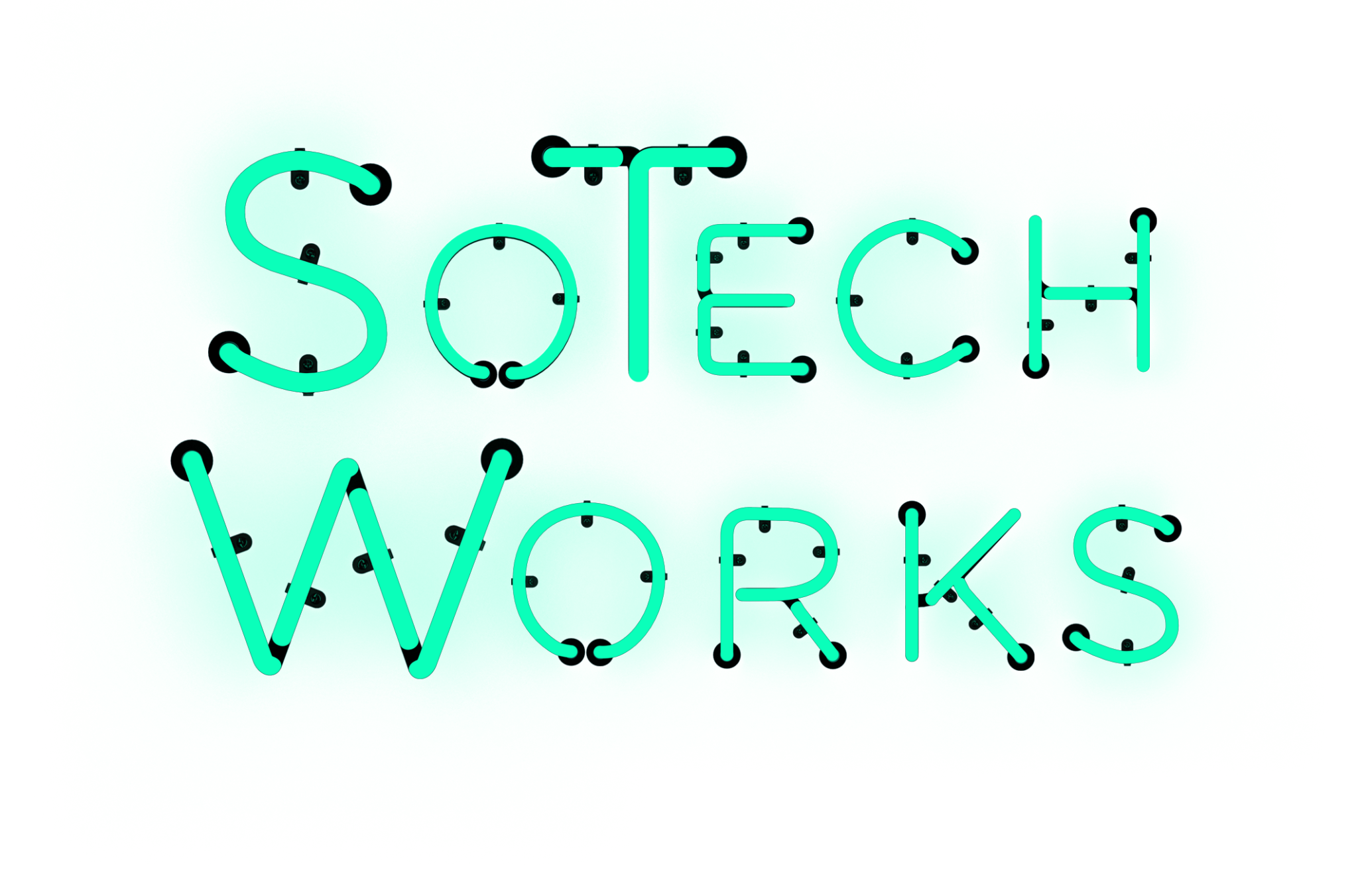EU pressures social networks to cull illegal content – CNET
EU pressures social networks to cull illegal content
Google, Facebook and Twitter have a whole new set of guidelines to grapple with.

The EU is continuing its effort to get internet companies to remove illegal content.
Getty ImagesGoogle, Facebook, Twitter and other big internet companies are facing the possibility that EU law may demand they become more proactive in removing illegal and extremist content.
Such content continues to flourish on the net despite many crackdown attempts, and the European Union has had enough. Its executive arm, the European Commission, has drafted new guidelines detailing the ways the companies must step up, Reuters reported Wednesday.
“They need to be proactive in weeding out illegal content, put effective notice-and-action procedures in place and establish well-functioning interfaces with third parties (such as trusted flaggers) and give a particular priority to notifications from national law enforcement authorities,” say the guidelines, according to Reuters.

Click above to see our in-depth coverage of online hatred.
Already this year, social media companies have signed a code of conduct, according to which they must make every effort to remove illegal content from their platforms within 24 hours. As well as adopting EU proposals for tackling hate speech and other problematic content, the companies have also made their own efforts to deal with the issue.
In June, the EU acknowledged the effort made by social media companies, and in particular Facebook, to try to reduce illegal content online. But the Union isn’t letting up when it comes to pressuring the companies, as shown by these guidelines, which are due to be published at the end of September.
If by spring 2018 the EU remains unhappy with the progress made by social media companies, the next step would be for it to pass laws that compel companies to remove the content or face penalties. Even if passed, such laws might be difficult to enforce, due to existing legislation, which protects online companies from liability for what’s posted by users on their platforms.
In the meantime, the EU is proposing methods to speed up the removal of illegal content, including combining better-honed automated detection technology with trusted flaggers whose complaints could be prioritised by moderators.
Facebook declined to comment on the contents of the guidelines. Google and Twitter didn’t respond to a request for comment.
iHate: CNET looks at how intolerance is taking over the internet.
The Smartest Stuff: Innovators are thinking up new ways to make you, and the things around you, smarter.


Discuss: EU pressures social networks to cull illegal…